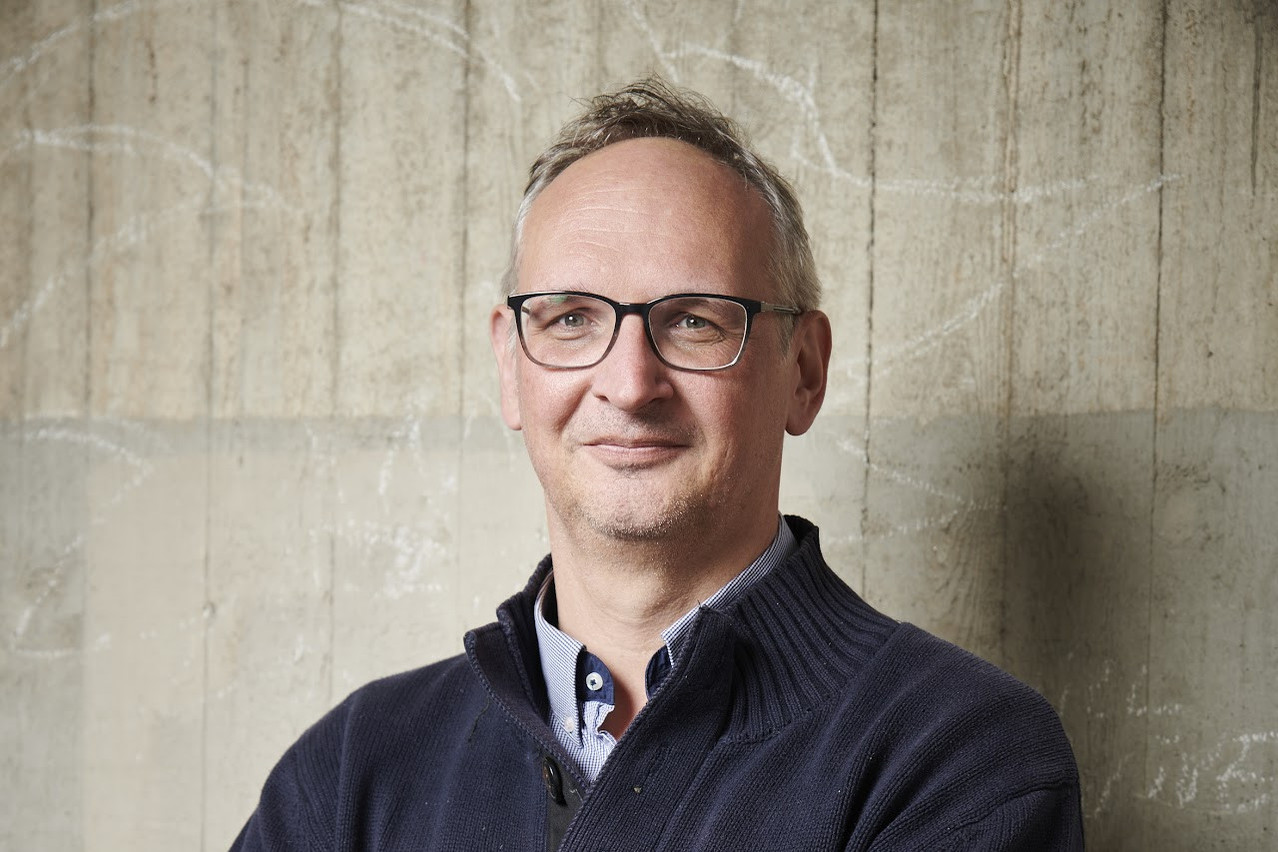Inflation, ... Almost a year after the start of the Russian offensive in Ukraine, its economic consequences continue to leave a mark. But for whom and for how long? Bertrand Candelon, an economist specialising in the Russia/Ukraine conflict at the Catholic University of Louvain, analysed the situation.
Mathilde Obert: The question may seem cynical: does the war on Ukrainian soil benefit some people?
Bertrand Candelon: Yes, some countries are benefiting from it, gaining from it, like those those who export gas and oil: Algeria, Saudi Arabia, Norway or even the Netherlands, whose products benefitted from the rise in prices in 2022. These are the big economic winners of the war.
In Europe, we are strongly affected because of our energy dependence [on Russia]. The United States is less dependent and therefore more spared.
Economically, Russia is not alone. India, China and parts of Latin America did not vote for the sanctions at the United Nations.
For some companies, the energy crisis has caused demand to explode. Can some sectors benefit from the effects of the war?
All sectors are affected by inflation. If there is an employee, there is an indexation of the salary. The difference is on two points. First, between those who can pass on the increase in sales prices and those who cannot, because they are too competitive. Second, between large and small companies. The big ones, like supermarkets or computer giants, will more easily adjust their margins or prices. The small craftsmen cannot. In Belgium, some are already closing down.
A year ago, could we have imagined the current situation?
There have been mistakes. At the beginning, we were talking about temporary inflation. In contrast, growth has been rather resilient.
There is no war variable.
How do you take the war into account in economic forecasts?
The international institutes are expecting inflation to be around 5% at the end of 2023, on top of a slight recession in Europe. There are a lot of uncertainties. Inflation forecasts are made on the basis of variables that are anticipated. There is no war variable. We look at activity, unemployment, whose evolution will signal a future rise or fall in inflation. When we analyse the data over the last ten months, we take into account, in a way, periods of war.
Aren’t there indicators that would allow you to predict, for example, depending on the state of the armed forces, or Russia’s economic reserves, different scenarios?
No, we take this as exogenous data, outside the model. You have to realise that not everyone is against Russia. Economically, Russia is not alone. India, China and part of Latin America did not vote for the sanctions at the United Nations. They also continue to import what is needed from Russia into Europe, for example, diamonds from Antwerp.
This war also reminds us that energy sobriety should be a given…
It’s a reminder that energy can be expensive. In the 1970s, that was the case for oil, so we turned to gas. Today, we realise that we need to diversify our means of supply. In the short term, even if we know that we will have to get rid of it, we don’t have many other options than nuclear, as renewable energy is not constant. So we will have to invest in research and development.
But I hope that if energy prices go down, whether it’s gas or oil, we won’t go backwards. States must realise that they have to tax negative externalities to invest in a transition to clean energy. Economically, this is not difficult. Politically, we have to make people accept that a litre of petrol will cost €3 when it costs €0.40 on the market.
This story was first published in French on . It has been translated and edited for Delano.


